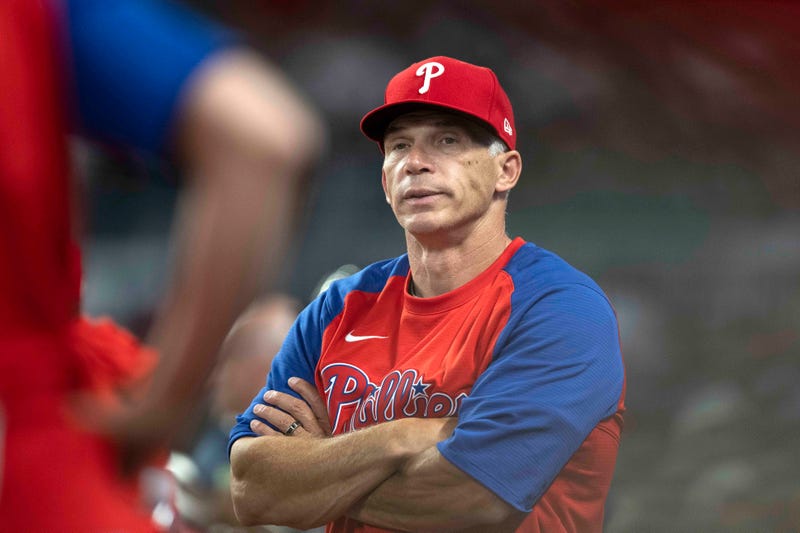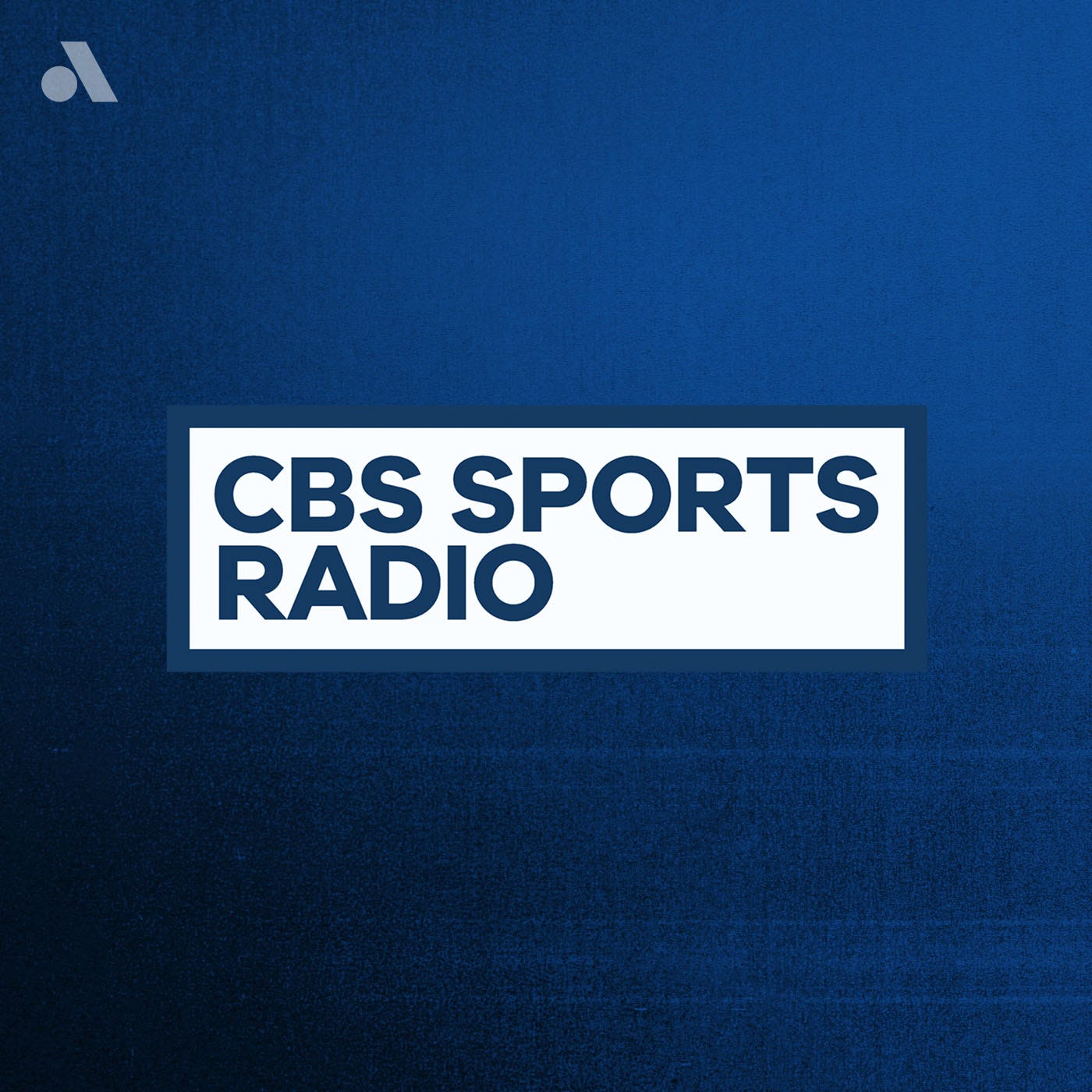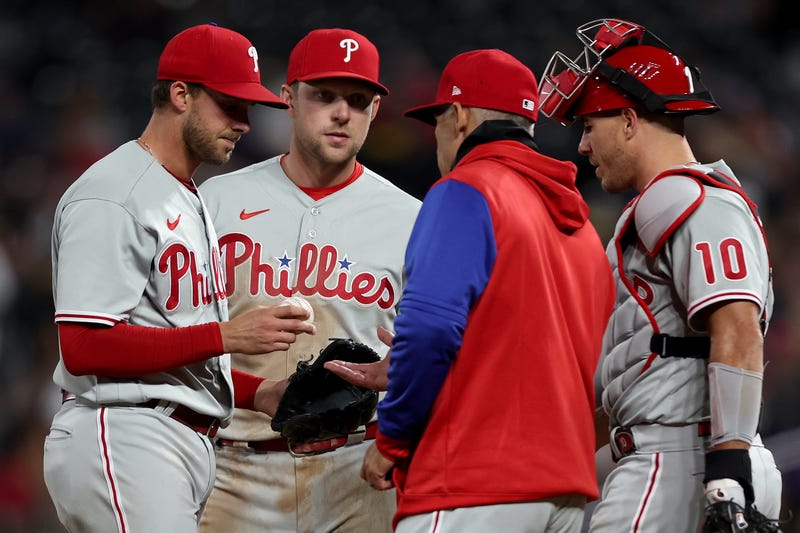
There's an old maritime tradition that says, "The captain goes down with the ship." Often used in Hollywood flicks -- one obvious one comes to mind -- it symbolizes the idea that the person in charge of an operation rides and dies with successes and failures. Last week, the Philadelphia Phillies decided to part ways with skipper Joe Girardi after less than three seasons. And as the scapegoat of the team's woes, he was unfairly forced to endure the majority of the blame.
The boost Philadelphia received this past weekend with interim manager Rob Thomson, facing the slumping Los Angeles Angels, should be ignored for the time being. Playing four games below .500 with a third-place record in the NL East wasn't how Dave Dombrowski -- the Phillies' president of baseball ops -- envisioned the first chunk of the regular season going, when he offered $179 million combined to Nick Castellanos and Kyle Schwarber back in free agency. While the moves briefly excited the fanbase and star outfielder Bryce Harper, they were made more on impulse and irrationality than anything else.

Castellanos and Schwarber have seen notable drop-offs in their offensive production. A career .234 hitter, Schwarber's average is just .197 this season. He does have 14 home runs, but power can't be substituted for consistency. Castellanos has followed up a career year, where he hit .309 with 34 homers and 100 RBI, with a disappointing campaign. At the moment, his WAR is -0.3.
Both players are massive defensive liabilities. Following Harper's elbow injury, Castellanos has been exposed in right field. The idea that adding two power hitters would allow Philadelphia to outslug the majority of their NL opponents sounded analogous to someone expecting to be discovered as a guitarist by practicing once a week in their room. Both premises rely on massive output, with insufficient input.
The Phillies have glaring holes at center field and shortstop, as well as in the rotation and bullpen. And having this many widespread issues makes it hard to win ballgames, as a variety of struggles have spontaneously come to the forefront. When they pitch, they can't hit. And when they hit, the bullpen or their defense lets them down. It's expected that, even on a good night, the Phillies will find a way to lose ballgames. And they have.
Another huge problem is that the Phillies have a quickly aging roster with very little talent in the minor leagues. Top prospects Bryson Stott, Alec Bohm, and former No. 1 pick Mickey Moniak, haven't been big-time difference-makers at the big league level. Scott Kingery, once considered a valuable utilityman with tremendous upside, has been stuck in a rut with Triple-A Lehigh Valley.

Even though Girardi deserves some blame for failing to keep an older team on track, he also was entitled to better treatment. Relatability to older players, his hard-nosed yet charismatic personality, and previous success managing stars were reasons why he seemed appealing in Philadelphia. But even the game's top skippers can't make up for a talent deficiency, and it immediately became clear that the Phillies needed more pieces.
Unfortunately for Girardi, the franchise arrived at the crossroads of going all-in or entering yet another rebuild. Given the slew of problems, starting over from scratch would've been the most sensible option. Signing several high-priced free agents -- Zack Wheeler, J.T. Realmuto, and Harper -- in previous seasons gave the Phillies a reason to justify throwing spaghetti at the wall and thinking it'd turn into steak.
As a veteran manager with a World Series ring, Girardi deserved more time on Philadelphia's top dugout step. Not even the New York Yankees, operated by the Steinbrenner family, would've shown him the door 72 hours after Memorial Day. Choosing to dismiss Girardi after a victory and subsequent day off was equally disrespectful. Isn't baseball about not breaking the unwritten rules?
At a minimum, the team should've given Girardi until the All-Star break, when the entire league has already reached its midseason point. And allowing him to climb his way out of struggles against a (for the most part) tough slate of opponents wouldn't have been unreasonable. Girardi's a guy who's recovered from tumultuous starts before, and perhaps these Phillies just needed time to find their stride.
It's unrealistic to believe a massive turnaround was on the horizon. The roster is what it is. And with a cash-strapped front office and depleted farm system, adding multiple difference-makers doesn't seem realistic. The Phillies have a ceiling that, evidently, isn't too high. Perhaps better days are ahead for them, but believing a new manager will make that much of a difference is downright disrespectful to Girardi.
